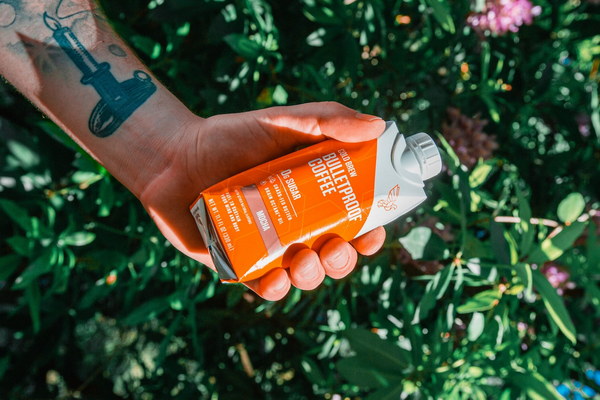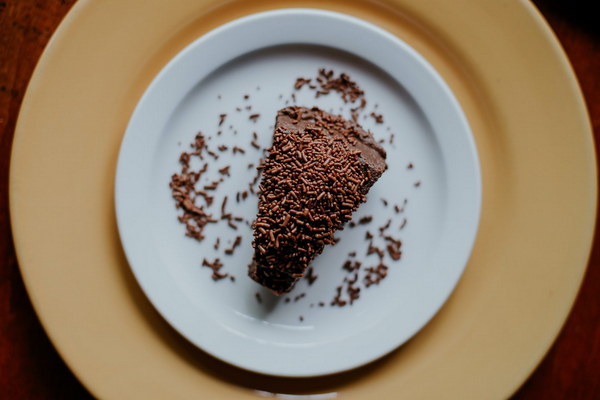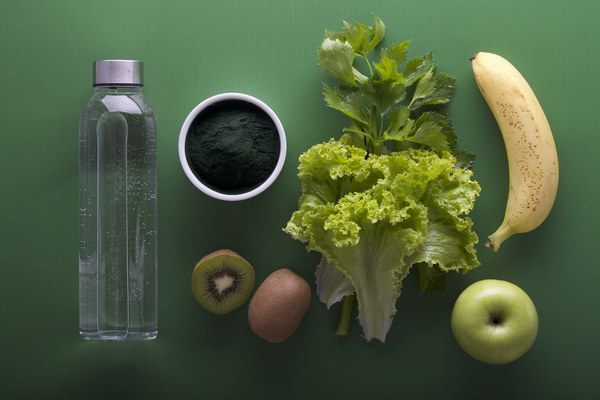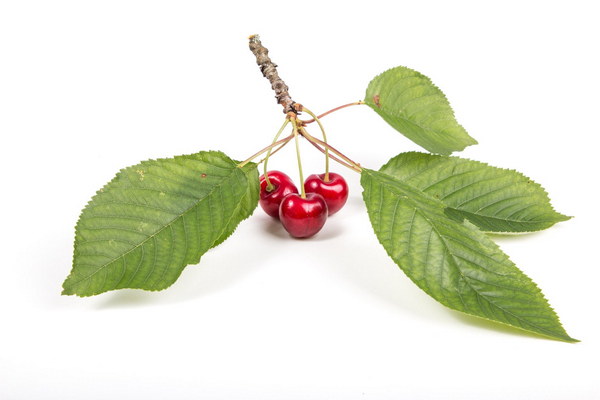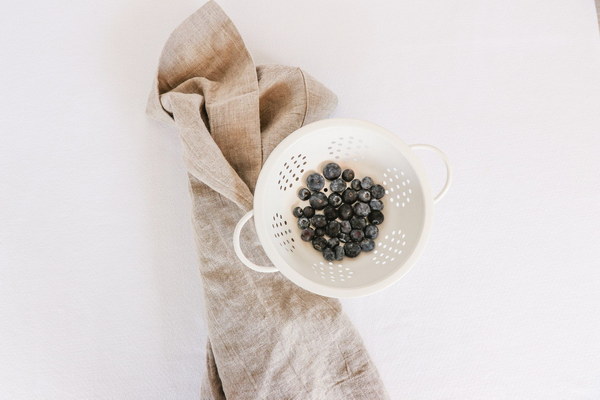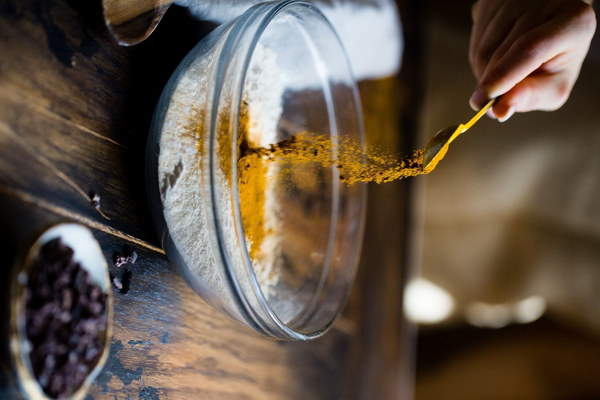Preserving Your Well-being Tips for Maintaining Health When Exposed to Long-term Moisture
Living in a humid environment or being frequently exposed to moisture can take a toll on your health. Long-term exposure to moisture can lead to various health issues, from skin problems to respiratory diseases. However, there are ways to protect yourself and maintain your well-being. Here are some tips on how to stay healthy when you're regularly exposed to moisture.

1. Keep your skin dry
Moisture can lead to skin issues such as eczema, athlete's foot, and fungal infections. To protect your skin, make sure to keep it dry. After bathing or sweating, pat your skin dry with a towel instead of rubbing it. This helps to remove excess moisture and reduce the risk of skin infections. Also, apply a good moisturizer to keep your skin hydrated and protected.
2. Use antifungal products
When dealing with moisture, it's important to use antifungal products to prevent infections. Apply antifungal creams or powders to areas prone to infections, such as your feet, underarms, and groin area. This will help to eliminate fungi and prevent infections.
3. Maintain proper ventilation
In humid environments, proper ventilation is crucial to prevent the growth of mold and mildew. Ensure that your home is well-ventilated by using fans, air conditioners, and dehumidifiers. This will help to keep the air quality in your living space at a healthy level.
4. Wear appropriate clothing
Wearing moisture-wicking fabrics can help to keep you dry and comfortable. These fabrics absorb moisture and allow it to evaporate quickly, reducing the risk of skin infections. Choose breathable fabrics like cotton, wool, and synthetic materials that are designed to wick away moisture.
5. Keep your feet dry
Your feet are particularly susceptible to moisture-related issues. Wear waterproof shoes when you're exposed to wet conditions, and change your socks frequently to keep your feet dry. Also, avoid walking barefoot in damp environments to reduce the risk of infections.
6. Maintain a healthy diet
A well-balanced diet can help to strengthen your immune system and protect you from moisture-related health issues. Incorporate foods rich in antioxidants, vitamins, and minerals to support your body's defense against infections. Some beneficial foods include fruits, vegetables, nuts, and whole grains.
7. Practice good hygiene
Maintaining good hygiene is essential when you're exposed to moisture. Wash your hands frequently, especially after touching damp surfaces or before eating. Also, keep your living space clean and well-maintained to reduce the risk of mold and mildew growth.
8. Manage stress
Stress can weaken your immune system, making you more susceptible to infections. Practice stress-reducing techniques such as meditation, deep breathing exercises, and regular physical activity to keep your immune system strong.
9. Seek professional help
If you're experiencing persistent health issues due to long-term exposure to moisture, consult with a healthcare professional. They can provide guidance on how to manage your condition and recommend appropriate treatments.
By following these tips, you can minimize the health risks associated with long-term exposure to moisture and maintain your well-being. Remember that taking proactive measures to protect yourself is key to staying healthy in a humid environment.


